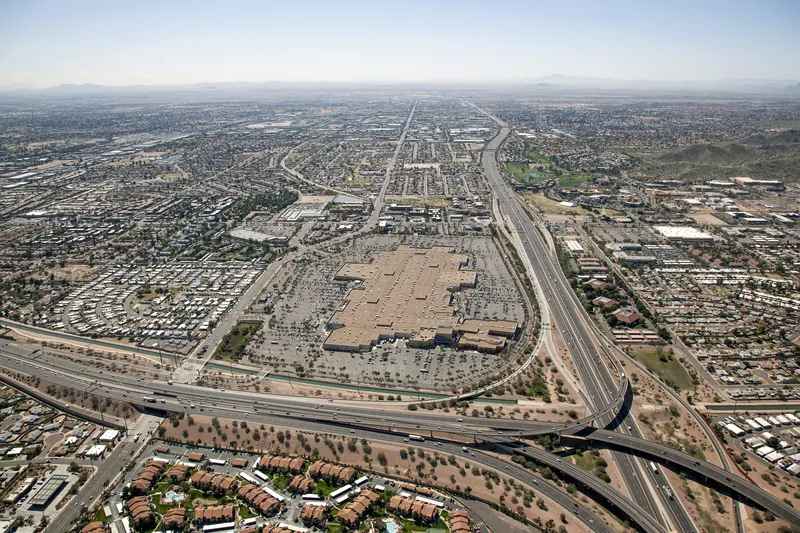The system sends data to a remote brain and optimizes signal timing for arterials, side streets and pedestrian crossings through infrared detection coordinated with web-based, near real-time ASC. It aims to improve traffic corridor safety and to reduce motorist travel time, delays and stops, thereby decreasing idling, fuel consumption and emissions.
LB brought together stakeholders, including the Rhode Island Airport Corporation,
Thomas Harley, vice president at LB, said: “Utilizing this data, the traffic signals are adjusted in near real-time to safely and expeditiously move traffic through the corridor. The system reduces motorist travel time, delays and stops which helps cut down idling and decreases fuel consumption and emissions. This also has a positive impact on traffic corridor safety.”
Louis Berger wins Engineering Excellence Honour Award
Louis Berger (LB) has won a 2018 Engineering Excellence Honour Award by the American Council of Engineering Companies (ACEC) of Maine for its work on the Adaptive Signal Control (ASC) technology system project in Warwick, Rhode Island. Through a grant sponsored by the Federal Highway Administration(FHWA), the professional services corporation installed the system at eight signalized intersections at the 1.5-mile airport road corridor with the intention of improving traffic and safety.
November 13, 2017
Read time: 2 mins









